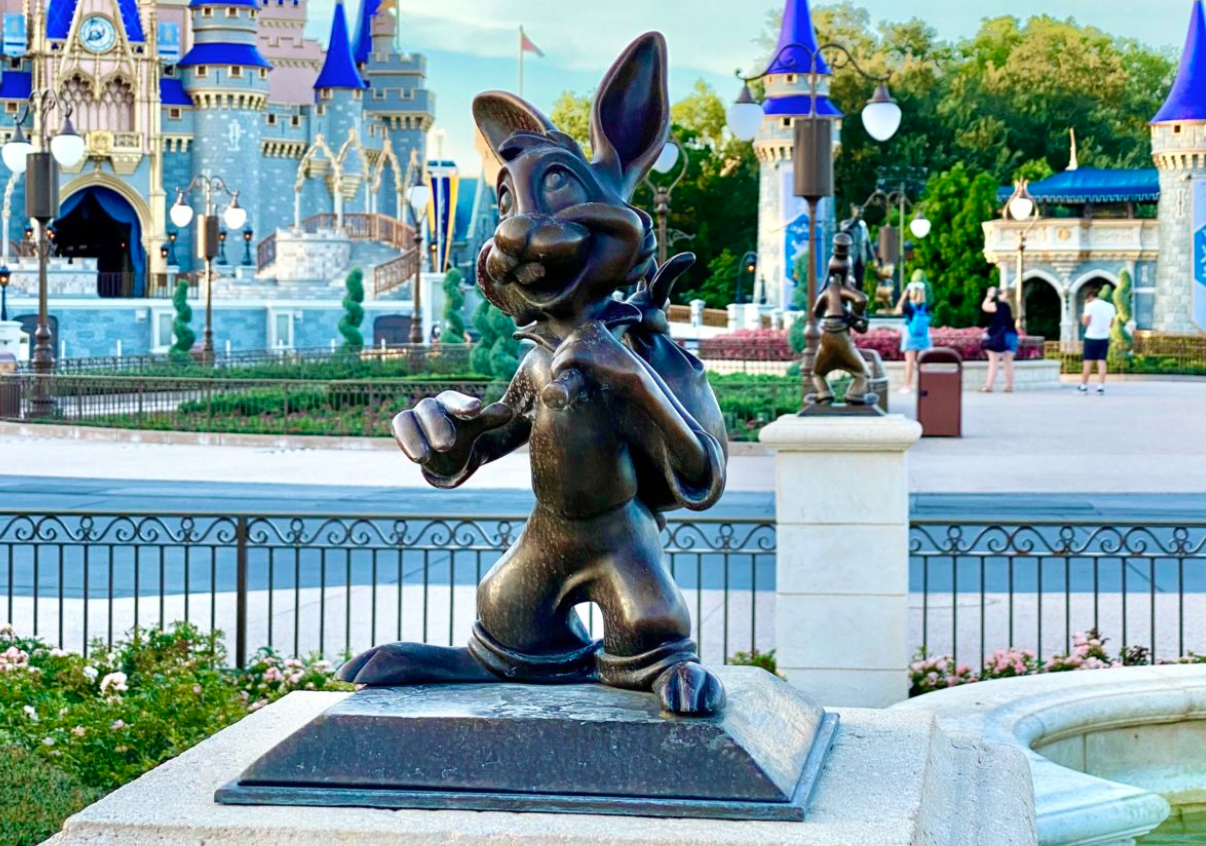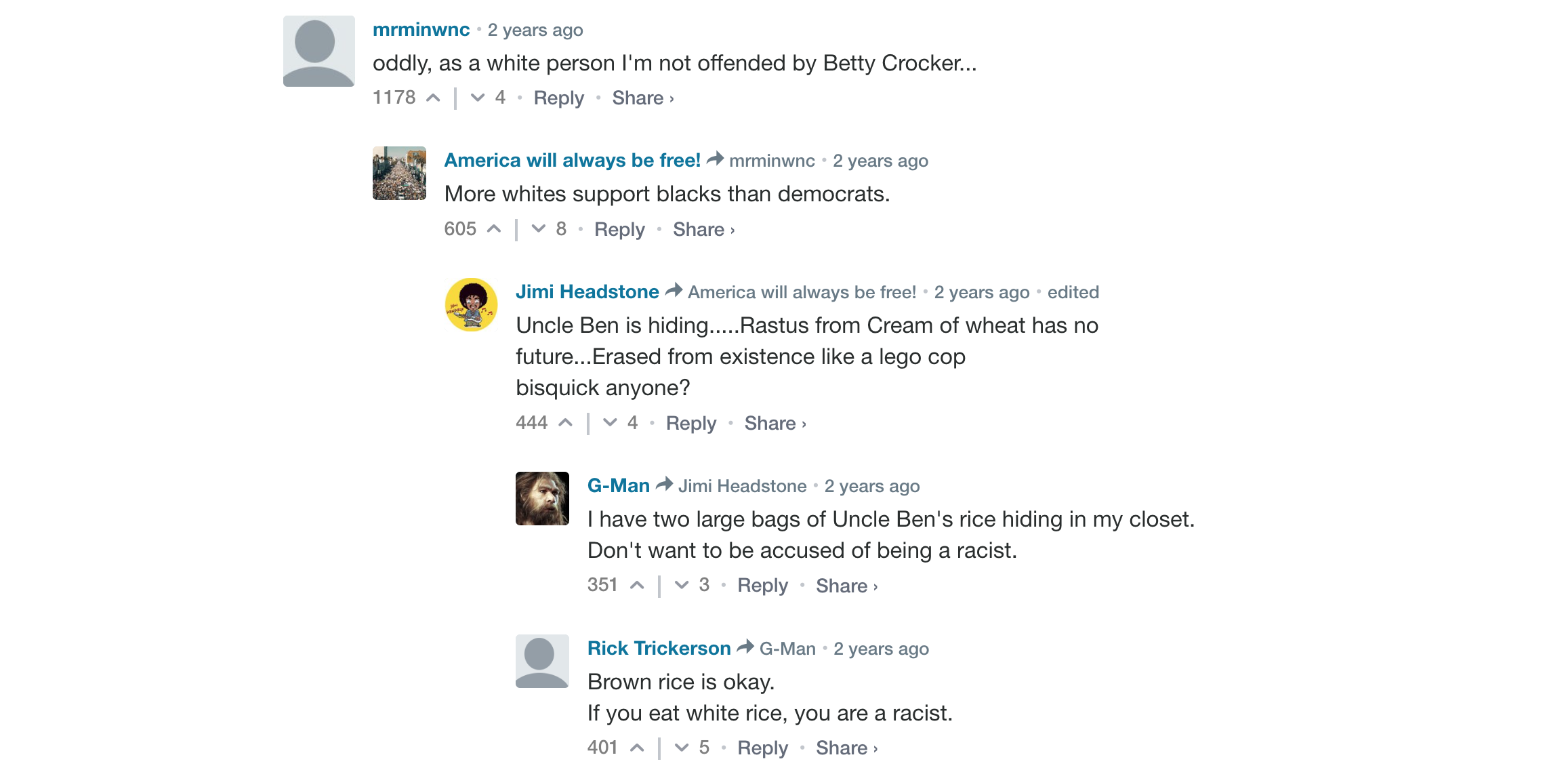
We’ve already chronicled a very loose, disjointed history of the last few decades how adult Disney fandom (and Star Wars fandom within it) rose from a mostly quiet indulgence to a very open, very expensive actual lifestyle held by many millions of Americans, growing the company’s market capitalization from $41 billion in 2001 to $240 billion in 2022 (down from a pre-pandemic high of $328 billion in 2019). The expansions and acquisitions Disney made along the way are the key to that growth: Marvel Entertainment in 2009, LucasFilm in 2012, and 20th Century Fox in 2018. The last of which is now called “20th Century Studios”, and “Fox” is strictly a TV broadcasting, sports, and propaganda brand owned by Rupert Murdoch’s News Corporation. Disney could still legally use the “Fox” name, but choose not to for whatever reason – maybe a desire to not be associated with Tucker Carlson and the other Nazi maniacs, maybe simpler branding purposes. Who knows.
Save for LucasFilm, all of these brands had their beginnings prior to American involvement in World War II. 20th Century Fox was a top Hollywood studio, Marvel’s first ever Captain America issue sold more than 1 million copies in May 1941, and Snow White, Pinocchio, Fantasia, and Dumbo had all been released to huge success making Disney a household name. By war’s end however, despite government contracts to produce propaganda films, Disney was hurting due to being shut off from access to foreign markets. In an era where every single frame of an animated film had to be drawn by hand made them extremely expensive to produce. So Walt Disney decided to mix things up with a live action film interspersed with animated segments, releasing Song of the South in 1946.
Without getting too into the weeds with this, it’s simple enough to say Song of the South is a product of its time. A time when white filmmakers could adapt 19th century Black folklore tales and white audiences could enjoy the characters without sitting next to Black audiences, who were sitting up in the “colored” section – if they were in the movie theater at all.
Song of the South was never released on home video in the US, an implicit acknowledgement by Disney that it was too toxic and controversial to see the light of day. Which makes it strange that in 1989, well into the VHS era when its other films from the 40s and 50s had been sold in stores for at least several years, they went ahead and built Splash Mountain at Disneyland in California, featuring the animal characters from Song of the South. Then another one at Tokyo Disneyland in Japan on October 1st, 1992. Then literally a day later the Splash Mountain at Disney World opened.
I remember being 12, waiting in line for Splash Mountain there (only took about 15 minutes, thank Christ), thinking “What the hell is a Brer Rabbit?” It didn’t bother me enough to ask anyone, and even if I did, would 1996 me have really understood the implications or found the backstory to be so troublesome? Disney knew their market in 1946, they knew it in 1996 (if they were obviously a bit schizophrenic about it), and they knew it in 2020 when the New York Times reported they were working on a plan to retool Splash Mountain to theme it after a different animated film, 2009’s The Princess and The Frog. It’s a fitting choice given that the titular princess is the first ever Black one created for a Disney film – belatedly so considering she’s the fourth non-white heroine.
The planned change of scenery for Splash Mountain came in the wake of the murder of George Floyd, the protests and outrage that followed brought a great deal of superficial but still important changes to many American institutions associated with racial stereotypes. The Cleveland Indians became the Cleveland Guardians, Aunt Jemima breakfast foods became the Pearl Milling Company, Uncle Ben’s rice became Ben’s Original, and so on and so forth.
These were business decisions, with C-suite executives reading the market and acting accordingly with what they believed was in the best interest of their shareholders, something that happens every single day. McDonald’s co-promoted with K-pop act BTS because they’re popular. CNN fired Rick Santorum because he’s a scumbag. The Hill removed comments because they had too much racist bullshit on them. That’s capitalism. The market with the buying power in 1946 was perfectly fine with the racist depictions of Black characters in a Disney film. The market, or at least the segment of which with the most buying power in the 2020s is largely not fine with it.
Largely.

Last September Disney World removed this statue of Brer Rabbit from a plaza in front of Cinderella’s Castle in the Magic Kingdom. Per the comments on the site WDWNews.com, the adult readers of the site – who you can tell regularly visit the park – were not happy about it. “Disney you will never make the woke happy, because they are always looking for something to complain about. In the end, you will have nothing,” said one plainly miserable bastard below the article.
Now it’s hard to tell exactly where the line is between those who call themselves “Conservative” loyal to a certain brand or property being upset over it “going woke” versus those who are simply MAGA assholes complaining because removing a symbol of white supremacy makes them feel as if “America is one step closer to becoming Venezuela” or whatever hyperbolic bullshit they like to say.
More simply, we feel pretty confident that nobody actually gave a shit that Aunt Jemima’s name got changed to the Pearl Milling Company insomuch as they had no real affinity for a particular marketing mascot. The syrup tastes the same as it did five years ago. Nevertheless the fanboys on the Hill and other sites were spewing their usual reactionary bullshit when the change was first announced on June 17th, 2020. The Breitbart story on it got over 130,000 comments.

Contrast that with this guy, for whom the pinnacle of his acting career was dressing up as Star Wars bounty hunter Boba Fett for a roughly 10 second cameo (digitally inserted into the 1997 “Special Edition” re-release of the original 1977 film) getting upset over Disney quietly dropping “Slave I” as the name of Boba Fett’s spaceship on the box of a children’s toy.
When applying for personalized plates for my car the DMV would not allow “Slave1“. Okay I understand. Had to try. But I get it.
This #disney idiocy however. Not buying it. Not conforming to the Mouse, no siree. Not gonna happen.
When I was growing up I loved #disney. No more. pic.twitter.com/9076VcIiwN
— Mark Anthony Austin (@BobaFettANHSE) June 28, 2021
Really upset.
I hope nobody buys this newly misnamed merchandise. I vow to not give a single dollar myself. Now if it’s packaged Slave1 I might…. pic.twitter.com/z2ttPE7P6U
— Mark Anthony Austin (@BobaFettANHSE) June 28, 2021
We could go on all day with more examples of the meltdowns that happen when people find their personal politics at cross purpose with their fandom. The quasi-religious devotion that some lavish upon Disney, Star Wars, Marvel, etc and the freakouts that occur are a failure to acknowledge a simple truth about late-stage capitalism: Corporations are not your friend.
Repeated, with emphasis: Corporations are not your fucking friend.
Disney does not give a fuck if you personally are boycotting them over an employee in a gift shop sporting tattoos and dreadlocks. They do not give a fuck if you personally cancel your streaming subscription in protest of filming their TV shows in a state that passes a draconian voter suppression law. They do not give a fuck if you personally are upset because two women kissed in the end of the last Star Wars movie which to be honest kind of sucked regardless.
The one and only thing they care about is making money. That you may hold a much stronger personal identification with Captain America and the Mandalorian than you do Geico Insurance or Verizon Wireless may make it feel like there’s more to the relationship, but there is not. That their values align with your values is not some cosmic connection, it’s that your spending power has been calculated to have more quantifiable value than the other guys’ spending power. That’s it.
Failing to understand that is what leads a United States Senator to freak out early last year over Disney firing a Star Wars actress who compared Conservative “suffering” in the wake of Trump’s loss to be just as bad as what the Jews of Europe suffered during the Holocaust.
Texan Gina Carano broke barriers in the Star Wars universe: not a princess, not a victim, not some emotionally tortured Jedi. She played a woman who kicked ass & who girls looked up to. She was instrumental in making Star Wars fun again. Of course Disney canceled her.
— Ted Cruz (@tedcruz) February 11, 2021
The first few months of the Biden Administration was just an endless loop of Conservatives melting down over corporations and entertainment properties “going woke” and what made it even more ridiculous was that it wasn’t just Fox News bitching to get the audience riled up, but elected Republicans too, acting as if there was supposed to be a real policy solutions for it.

Well it turns out there actually are policy solutions. And they are bad fucking news.
…Stay tuned for the epic conclusion of this epic National Zero epic trilogy.